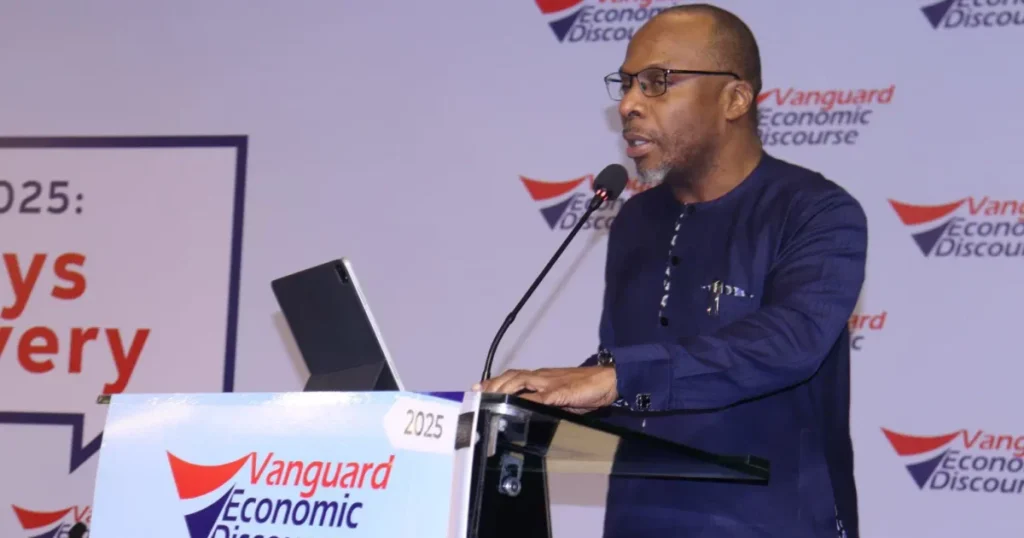The Bias of International Credit Rating Systems and the Quest for African Financial Sovereignty
The prevailing narrative surrounding the economic challenges faced by African nations often centers on internal factors such as governance, corruption, and lack of infrastructure. While these issues undoubtedly play a role, a critical but often overlooked dimension is the inherent bias within the international credit rating system. This system, dominated by a few Western agencies, employs models that fail to accurately reflect the economic realities of African countries, resulting in inflated risk perceptions and consequently, higher borrowing costs. This biased assessment creates a vicious cycle where African nations are deemed high-risk borrowers, forcing them to pay exorbitant interest rates, which in turn further strains their economies and reinforces the perception of risk. Dr. Yemi Kale, Group Chief Economist and Managing Director of Research and Trade Intelligence at the African Export-Import Bank (Afreximbank), has brought this crucial issue to the forefront, arguing that these flawed ratings significantly impede Africa’s economic progress.
The crux of the problem lies in the misapplication of standardized models designed for developed economies to the vastly different economic structures and contexts of African countries. These models often fail to account for the informal sector, which plays a significant role in many African economies, or the unique challenges and opportunities presented by the continent’s diverse and evolving economic landscape. The consequence is an overestimation of risk, translating into higher borrowing costs for African governments and businesses. This inflated cost of capital restricts investment, hinders growth, and ultimately perpetuates the cycle of economic underperformance that the ratings purport to reflect. It effectively creates a self-fulfilling prophecy where African nations are penalized for perceived risks that are, in part, a product of the rating system itself.
Dr. Kale proposes a solution that strikes at the heart of the problem: the establishment of an African-centered credit rating agency. This agency would develop indicators and methodologies specifically tailored to the nuances of African economies, providing a more accurate and nuanced assessment of risk. This would not only lead to fairer borrowing costs but also empower African nations to control their own economic narratives. Similar initiatives in other regions, such as Asia, have demonstrated the viability and effectiveness of such an approach. While acknowledging the potential resistance from the established global financial architecture, Dr. Kale expresses confidence that a credible and transparent African rating system will gain acceptance over time, as its assessments prove to be more accurate predictors of economic performance.
Beyond the establishment of an African-centric rating agency, Dr. Kale advocates for a multi-pronged approach to securing Africa’s financial future. This includes diversifying funding sources by exploring partnerships with countries like China and other friendly nations, thereby reducing reliance on the Eurobond market where borrowing costs are often inflated by unfavorable ratings. He emphasizes the importance of strengthening domestic financial institutions and increasing capital contributions to African multilateral banks like Afreximbank, thereby building internal capacity for self-financing and reducing dependence on external lenders. These measures would not only provide access to more affordable capital but also enhance Africa’s financial sovereignty and resilience in the face of global economic volatility.
Despite the challenges posed by biased rating systems and global economic uncertainties, Dr. Kale maintains an optimistic outlook for Africa’s economic future. He points to the continent’s relative insulation from certain global shocks, such as trade wars and geopolitical tensions, as an unexpected advantage. Furthermore, he highlights the growing trend of intra-African trade, which he sees as a crucial buffer against external economic pressures. The increasing trade within the continent, exemplified by Nigeria’s recent shift towards greater trade with African partners, underscores the potential for regional economic integration to drive sustainable and inclusive growth.
The African Trade Report 2025, launched by Afreximbank, provides a comprehensive assessment of macroeconomic trends and policy responses across the continent. It offers valuable insights and recommendations for policymakers and businesses on navigating the turbulent global landscape. The report underscores the importance of fostering intra-African trade, diversifying funding sources, and strengthening domestic financial institutions as key strategies for achieving sustainable economic growth and development. It also champions the need for an African-centric credit rating system to provide a fairer and more accurate assessment of the continent’s economic potential, paving the way for a more equitable and prosperous future. The report’s findings and recommendations provide a roadmap for achieving greater financial sovereignty and resilience for African nations in an increasingly complex and interconnected global economy.


